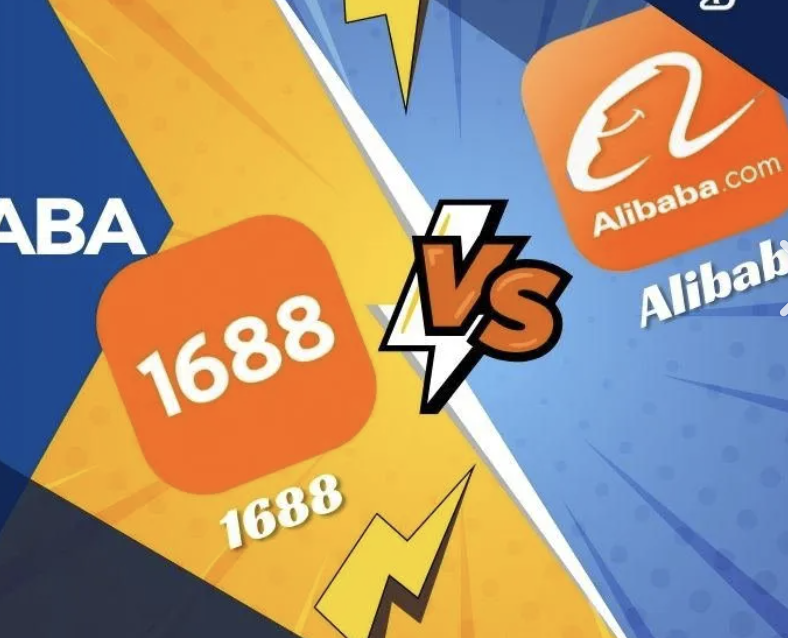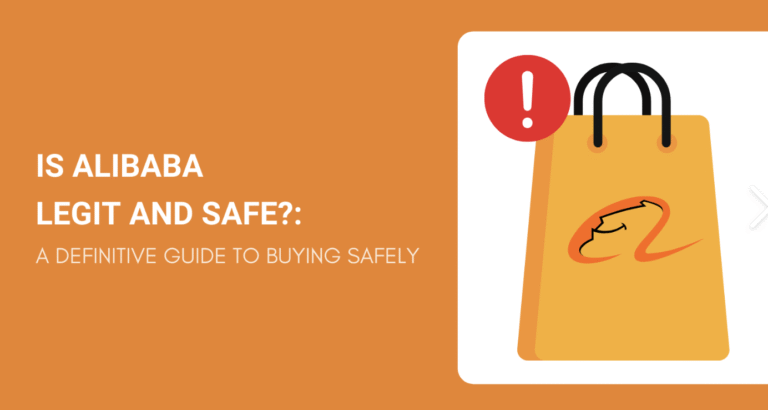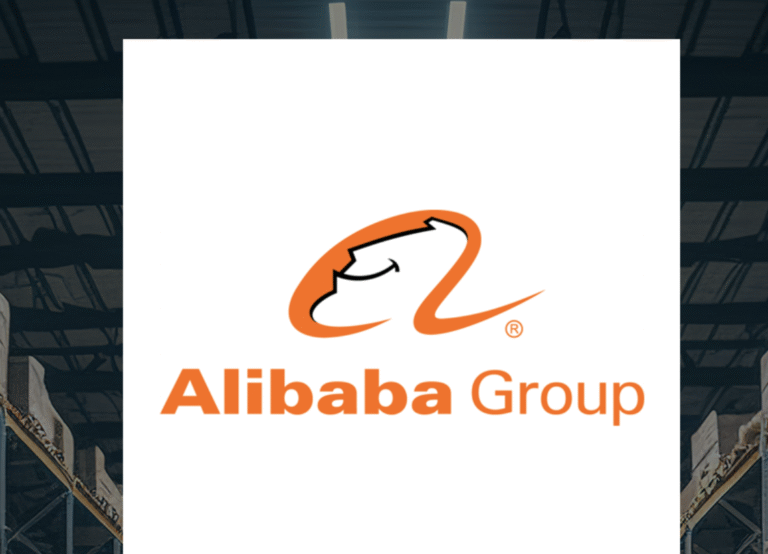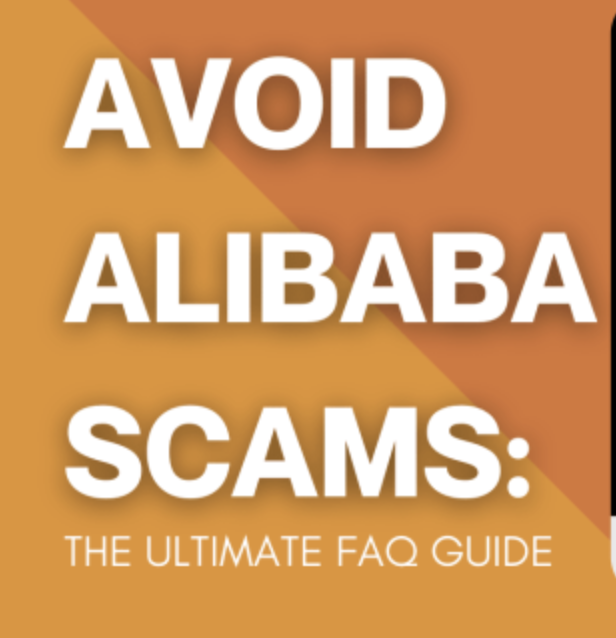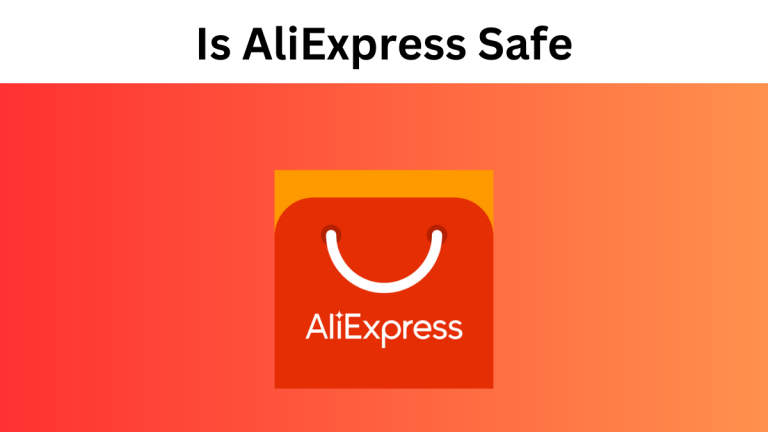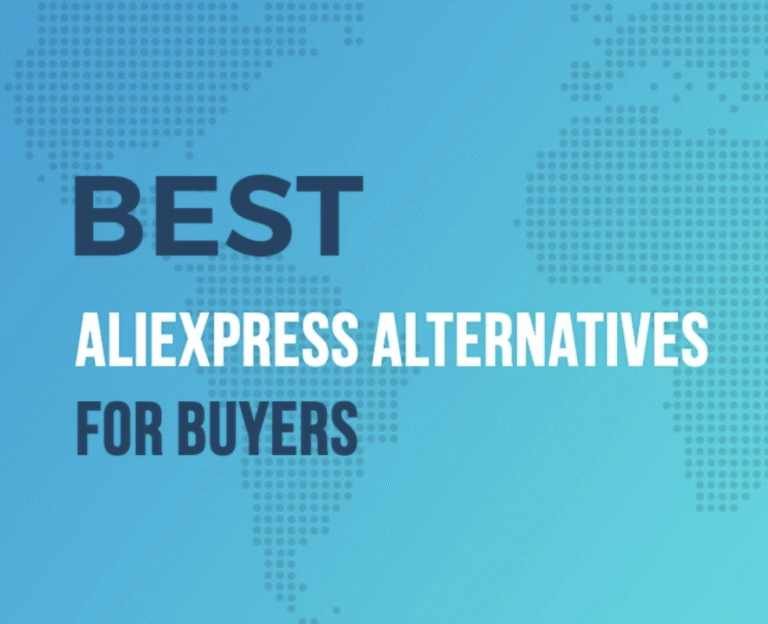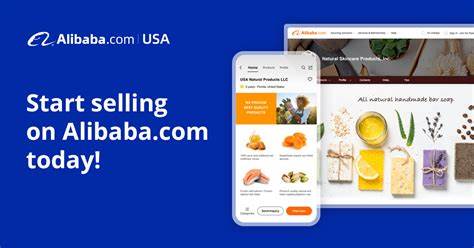1688 vs Alibaba: What’s the Difference Between 1688 and Alibaba? (2025 Guide)
Looking to source from China and wondering “1688 vs Alibaba: What’s the Difference Between 1688 and Alibaba?” You’re in the right spot.
In today’s dynamic global trade ecosystem, platforms like 1688.com and Alibaba.com have carved out dominant positions in connecting buyers with suppliers. However, despite being owned by the same parent company—Alibaba Group—these platforms are built with distinctly different audiences in mind.
Understanding who each platform is tailored for is essential for entrepreneurs and procurement professionals aiming to make informed sourcing decisions.
1688.com is geared toward China’s domestic wholesale market. Its entire interface, business processes, and user expectations are modeled around the needs of local Chinese businesses.
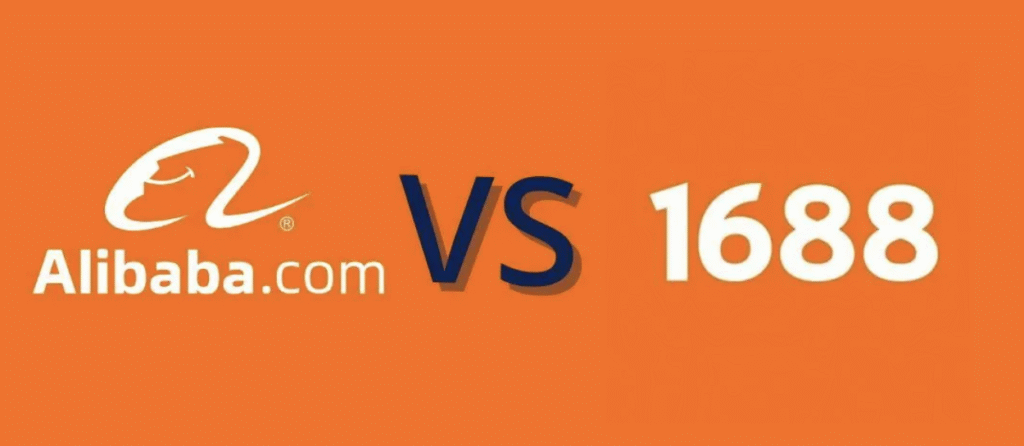
Whether you’re a small convenience store owner in Guangzhou or a mid-sized retailer in Chengdu, 1688.com is optimized to provide low-cost bulk goods with minimal international frills.
In contrast, Alibaba.com has a global outlook. It was specifically created to cater to international buyers seeking to source products from Chinese manufacturers and other global suppliers. This includes everyone from Amazon FBA sellers in the U.S. to bulk importers in Africa, Europe, and Southeast Asia.
Its infrastructure is robust, featuring multilingual support, global trade compliance features, and sophisticated buyer protections.
These differences aren’t superficial—they go to the very core of how the platforms function. From user interface language to communication expectations, product descriptions, and payment processing, each element is finely tuned for the needs of their respective user bases.
Let’s break it down even further to understand who exactly these platforms are meant for, starting with 1688.com.
Table of Contents
Introduction to 1688.com and Alibaba.com
What is 1688.com?
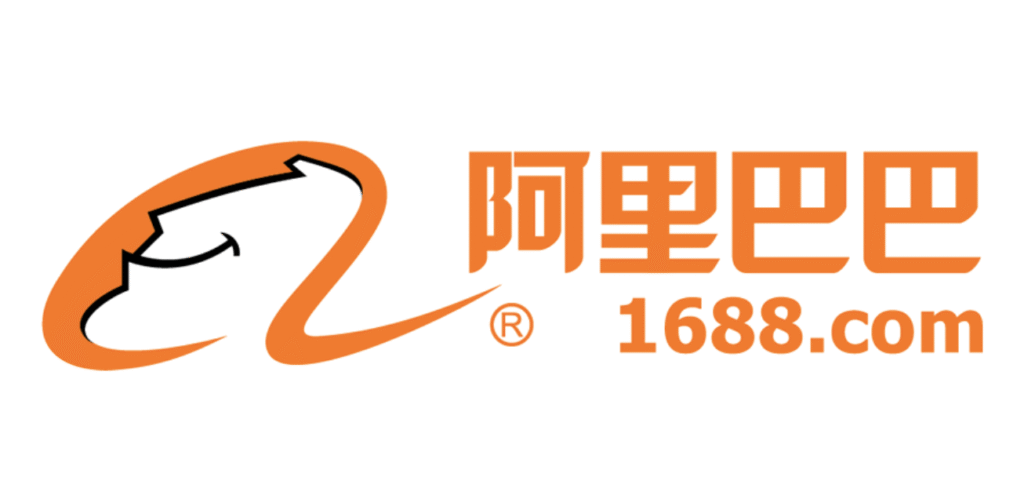
1688.com is a B2B e-commerce marketplace developed by the Alibaba Group, targeting the Chinese domestic wholesale market. Unlike its global counterpart Alibaba.com, 1688.com operates exclusively in Chinese, with suppliers that generally only sell to buyers located within mainland China. Its goal is to connect local manufacturers, wholesalers, and suppliers with small and medium-sized domestic businesses.
The numbers say it all—1688.com is one of the largest wholesale platforms in China, featuring millions of products ranging from apparel to electronics. It offers extremely competitive prices, often much lower than international platforms because it removes the layers involved in export logistics, foreign currency exchange, and international marketing.
One key feature is that 1688.com suppliers typically require lower minimum order quantities (MOQs), making it attractive for local shopkeepers and Taobao sellers who don’t need massive bulk orders. That said, this platform isn’t ideal for foreigners unless they have a sourcing agent, understand Mandarin, or are based in China.
What is Alibaba.com?
Alibaba.com, also part of the Alibaba Group, is an international wholesale marketplace that connects suppliers (mostly from China) with global buyers. It was launched with the express purpose of facilitating cross-border trade and is optimized for international business operations.
Unlike 1688.com, Alibaba.com is available in multiple languages and supports transactions in various currencies. It features supplier verification systems, trade assurance services, and international shipping partnerships that simplify the export process. Whether you’re a small business in the United States or a wholesaler in Europe, Alibaba.com offers a seamless platform for finding manufacturers and negotiating deals.
Moreover, Alibaba.com includes features tailored to global entrepreneurs—such as RFQs (Request for Quotations), easy chat tools for translation, and support for secure international payments. These tools make it easier to manage the complexity of global sourcing, especially for newcomers.
1688 vs Alibaba: Key Comparison Overview
1688 vs Alibaba: What’s the Difference Between 1688 and Alibaba? This question is vital for entrepreneurs sourcing products from China. While both platforms belong to the Alibaba Group, they serve very different purposes.
| Feature | 1688.com (Domestic) | Alibaba.com (International) |
|---|---|---|
| Language | Chinese only | Multilingual (English, etc.) |
| Audience | Chinese businesses & resellers | Global buyers & exporters |
| Pricing | Lower, local market rates | Slightly higher, export markup |
| Buyer Protection | Minimal | Alibaba Trade Assurance |
| Payment Methods | Alipay, bank transfers (China) | Cards, PayPal, Escrow, T/T |
| Logistics Support | Domestic shipping only | Full international logistics |
Core Target Audience of 1688.com
Domestic Chinese Businesses and Retailers
The primary audience for 1688.com comprises businesses operating within the Chinese borders. These range from mom-and-pop stores in tier-3 cities to resellers who list products on platforms like Taobao, JD.com, or Pinduoduo. The domestic orientation of 1688.com is reflected in its pricing structures, logistics systems, and supplier expectations.
Many of these businesses operate on tight margins and rely on 1688.com for low-MOQ purchases at factory-direct prices. The platform is especially popular among local e-commerce entrepreneurs who need access to a wide range of products without incurring the costs of international shipping and compliance.
A local business ordering through 1688.com can expect rapid delivery through Chinese logistics networks like SF Express or YTO, which offer affordable same-day or next-day delivery. This speed is crucial for businesses that depend on fast restocking cycles. Plus, local payment methods like Alipay are seamlessly integrated into the experience.
It’s also worth noting that Chinese consumers are accustomed to mobile-first platforms, and 1688.com delivers on that front. Most transactions occur via mobile apps, with built-in customer service chat tools that integrate directly with WeChat. This user behavior significantly differs from Western e-commerce habits.
Foreign users often struggle with the interface, not just due to the language barrier, but also because of the assumed knowledge of Chinese business norms. Unless you have a translator, a local partner, or a sourcing agent, using 1688.com can be a real challenge for outsiders.
Core Target Audience of Alibaba.com

International Entrepreneurs and Startups
Alibaba.com is a goldmine for entrepreneurs across the world looking to develop private label brands or source products in bulk for resale. Whether you’re an Amazon FBA seller or a new Shopify store owner, Alibaba.com provides a one-stop shop for finding manufacturers who can produce your product at scale.
Startups often lack the leverage and resources to negotiate directly with large factories in China. Alibaba levels the playing field by providing access to manufacturers who are open to small-to-mid-sized orders, along with support tools like Trade Assurance, which protects payments and ensures product quality.
What’s more, many suppliers on Alibaba.com offer customization services—logo printing, packaging design, and even product modifications—helping businesses build their brand identity. These white-label and OEM (Original Equipment Manufacturer) options make it easier for startups to create market-ready products without investing in their own production lines.
The international focus of Alibaba.com also means that suppliers are often familiar with Western standards and expectations. English-speaking sales reps, detailed product specs, and knowledge of export compliance rules are standard. That makes communication smoother and more reliable for non-Chinese speakers.
Language and Location 1688 Vs Alibaba
When choosing between 1688.com and Alibaba.com, the language and cultural framework of each platform plays a huge role in determining its suitability for various buyers. These differences go beyond just the website interface—they influence everything from how inquiries are handled to how deals are negotiated and expectations are managed.
Chinese-Only Interface on 1688.com
1688.com is built entirely in Chinese. The interface, product descriptions, chat systems, and customer support are all in Mandarin. This creates a steep barrier for non-Chinese speakers. Even though you might try to use browser translators like Google Translate, the results often fall short—especially when it comes to nuanced product specifications, quality assurances, or negotiation terms.
Why? Because the platform assumes its users already understand Chinese business culture. Sellers expect buyers to know how to haggle, respond quickly, and understand domestic logistics procedures like group purchasing or regional shipping restrictions. It’s not just about language; it’s about navigating a completely different mindset.
For instance, communication on 1688.com is highly contextual and relationship-based. Sellers may not respond promptly to random inquiries unless there’s a sense of ongoing collaboration or future opportunity. This is very different from Western B2B e-commerce, where response speed and clear documentation are the norm.
This Chinese-centric approach makes 1688.com less accessible for international buyers. Unless you’re fluent in Mandarin or working through a local intermediary or sourcing agent, there’s a high risk of miscommunication, order issues, or worse—falling for scams due to misunderstanding terms and conditions.
Multi-Language Support on Alibaba.com
Alibaba.com, on the other hand, is built with international audiences in mind. The platform is available in multiple languages including English, Spanish, French, German, Russian, and more. This multilingual capability makes it far easier for users around the world to browse, compare, and evaluate suppliers.
But it’s not just about the interface—Alibaba suppliers are accustomed to dealing with international clients. Many sellers employ English-speaking sales reps who are familiar with Western communication norms. They understand the need for clarity in product descriptions, photos, certifications, and delivery timelines.
Alibaba also provides built-in translation tools for live chat, helping bridge the language gap during negotiations. This functionality may not be perfect, but it does significantly reduce the friction compared to 1688.com.
The platform also encourages clear documentation through contracts, invoices, and quality checklists—often a requirement for international shipping and customs processes. So if you’re a buyer based in New York, Paris, or Nairobi, Alibaba is much more culturally and linguistically aligned with your expectations than 1688.com.
In essence, 1688.com is like walking into a Chinese wholesale market with zero knowledge of Mandarin. Alibaba.com is like attending an international trade fair with a multilingual translator by your side. If language and cultural familiarity matter to your sourcing strategy, Alibaba.com is the clear winner.
Product Authenticity on 1688 Vs Alibaba
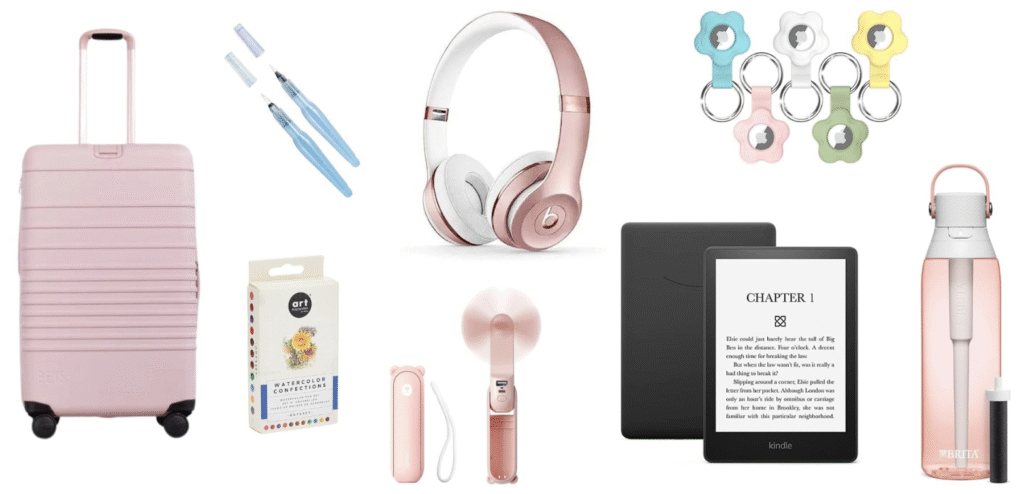
One of the most important concerns when sourcing products online—especially from overseas platforms—is authenticity. Nobody wants to invest in counterfeit or substandard goods that could damage their brand reputation or lead to legal issues. Here’s where the contrast between 1688.com and Alibaba.com becomes even more critical.
1688.com’s Risk of Counterfeit Goods
Since 1688.com caters to China’s domestic market, it operates under a regulatory framework and consumer protection model that’s very different from international standards. Chinese laws on trademarks and copyrights tend to be less strictly enforced for B2B transactions on platforms like 1688.com. As a result, product authenticity is a gray area, especially for international buyers unfamiliar with the landscape.
It’s not uncommon to find brand-name products on 1688.com being sold at suspiciously low prices. Many of these items are unlicensed replicas or gray-market goods. For local resellers in China, this isn’t necessarily a deal-breaker, as enforcement can be limited and the buyers understand the risk. But for an international seller—particularly one on platforms like Amazon, eBay, or Shopify—selling knockoffs can lead to account suspensions, lawsuits, and even customs seizures.
The platform does not actively vet or verify the authenticity of every seller or product listed. There’s no standardized process for validating whether a product is officially licensed or not. If you’re not fluent in Chinese or unable to investigate supplier backgrounds thoroughly, the risk of receiving inauthentic goods is high.
This doesn’t mean all sellers on 1688.com are fraudulent. Many legitimate factories list real products—but it’s your responsibility to do the due diligence. You’ll need a sourcing agent or deep knowledge of Chinese business operations to verify a factory’s legitimacy and ensure you’re not purchasing counterfeit goods by accident.
Alibaba.com’s Verification and Compliance Tools
On Alibaba.com, product authenticity is taken more seriously—mainly because the platform’s users are international, and the legal consequences of counterfeit goods are higher. Alibaba has implemented various verification layers to protect buyers, including supplier badges like “Verified Supplier” and “Gold Supplier,” factory audit reports, and third-party authentication.
Suppliers are required to upload certifications, quality standards (like ISO or CE), and documentation that proves their products meet safety and compliance benchmarks. This is especially critical when dealing with products like electronics, toys, cosmetics, or food-related items, which have strict import regulations in many countries.
Additionally, Alibaba.com has a more aggressive approach to intellectual property (IP) protection. Brands can register on Alibaba’s IP Protection Platform (IPP), which allows them to report and remove counterfeit listings. As a buyer, you benefit from this system because it reduces the chance of running into fake or bootleg products on the platform.
Minimum Order Quantities (MOQs)
| Platform | Typical MOQ | Best For |
|---|---|---|
| 1688.com | 10–100 units | Small-scale sourcing |
| Alibaba | 100–500+ units | Bulk international orders |
1688 is better for testing small batches. Alibaba is structured for large-scale buyers.
Payment Options on 1688 Vs Alibaba
When sourcing products from wholesale platforms, payment options are not just about convenience—they directly impact trust, security, and ease of transaction. 1688.com and Alibaba.com differ significantly in the payment methods they offer, reflecting their respective target audiences and geographic focus.
Payment Methods on 1688.com
Since 1688.com is primarily designed for domestic transactions within China, its payment system is tightly integrated with Chinese financial services. The most commonly used payment method is Alipay, which works similarly to PayPal but is widely accepted and optimized for local buyers.
Alipay on 1688.com is fast, efficient, and highly secure—but there’s a catch. It’s almost entirely limited to users with a Chinese bank account or a verified Alipay account linked to China-based credentials. This creates a significant barrier for international buyers who may not have access to local banking systems or who can’t register on Chinese platforms without a national ID or business license.
Additionally, 1688.com doesn’t support major international payment methods like PayPal, Western Union, or credit cards commonly used in global transactions. This makes the platform less flexible for foreign buyers. If you’re outside of China, your only options typically include working through a local sourcing agent who can pay on your behalf, or setting up a Chinese business entity—both of which can be complex and costly.
For Chinese businesses, however, the payment process is seamless. Local buyers can place orders, make instant payments, and handle refunds all within the 1688.com and Alipay ecosystem.
Payment Methods on Alibaba.com
Alibaba.com, on the other hand, is built for global commerce. It offers a variety of internationally accepted payment methods that are tailored for buyers around the world. These include:
- Credit and Debit Cards (Visa, MasterCard)
- PayPal (for selected transactions)
- Bank Transfers (T/T)
- Western Union
- Apple Pay
- Alibaba’s Trade Assurance
One of the most powerful tools on Alibaba is Trade Assurance, which provides an escrow-like service that protects your money until you confirm that the order meets your expectations. This system is a huge safety net, especially for first-time buyers.
Furthermore, Alibaba often gives buyers flexible terms like Pay Later, which can offer net-30 payment options through third-party financing. This is ideal for small businesses that want to preserve cash flow while scaling operations.
Another notable feature is the integration with local currencies and tax systems. Alibaba allows users to pay in their own currency, reducing the burden of currency exchange fees or international wire transfer costs.
In short, while 1688.com offers faster, more cost-effective payments for Chinese buyers, Alibaba.com’s globally inclusive payment infrastructure is far superior for international sourcing. It not only provides ease of use but also builds a layer of trust and accountability into the transaction process.
Shipping and Logistics on 1688 vs Alibaba
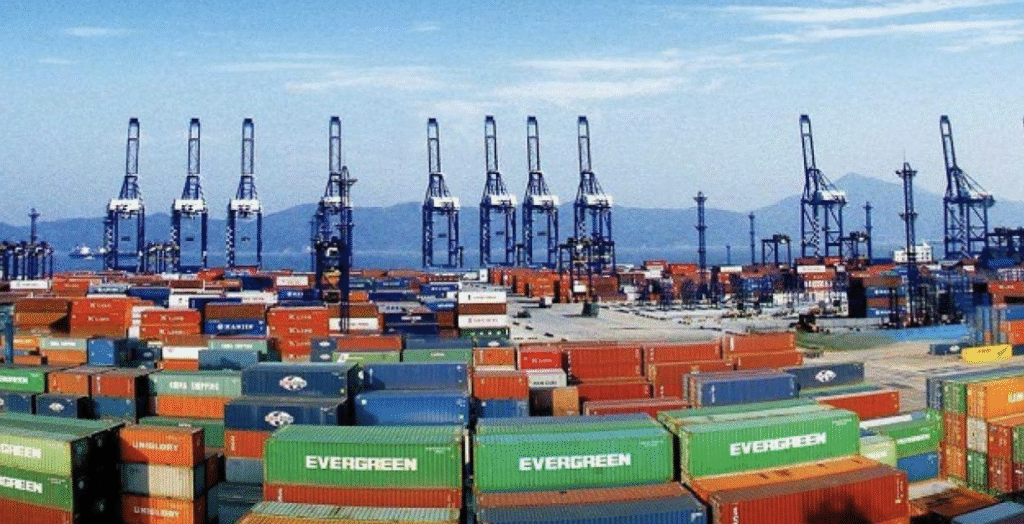
Shipping and logistics are often the make-or-break factors in the sourcing process. Whether you’re buying locally or internationally, how your goods are shipped, how fast they arrive, and how much it costs all play a vital role in your final decision. Let’s break down how shipping works on both 1688.com and Alibaba.com—because the difference is night and day.
Domestic-Only Shipping on 1688.com
1688.com is designed for domestic Chinese buyers, and so is its logistics network. The platform relies heavily on local courier services like SF Express, YTO, ZTO, and STO. These couriers are known for quick, affordable delivery—sometimes same-day or next-day within urban China. The entire logistics infrastructure is optimized for speed and efficiency within the country.
If you’re based in China, this is fantastic. You get access to a network that supports low-cost delivery, trackable services, and reliable handling. However, for international buyers, it’s a massive hurdle. 1688.com sellers do not offer international shipping by default. Most have little to no experience handling customs declarations, export paperwork, or international freight coordination.
So what’s the workaround? Foreign buyers usually rely on freight forwarders or Chinese sourcing agents who receive the goods locally and then arrange for global shipment via air, sea, or express services like DHL and FedEx. While this works, it adds time, cost, and complexity to your buying process. You’ll also have to factor in import duties, taxes, and compliance requirements of your own country—none of which 1688.com supports directly.
Global Shipping Solutions on Alibaba.com
In contrast, Alibaba.com is built to handle international orders from end to end. Most suppliers on the platform are export-ready, and many provide direct shipping options to nearly every country. You can choose between:
- Air Freight (faster, costlier)
- Sea Freight (slower, cheaper)
- Express Shipping (DHL, UPS, FedEx)
- Door-to-Door Logistics Services
Suppliers on Alibaba.com often provide FOB, CIF, or DDP shipping terms—each specifying who handles what part of the journey. DDP (Delivered Duty Paid) is especially useful for buyers who want an all-in-one solution without worrying about customs or import taxes.
Another huge plus is Alibaba’s logistics platform: Alibaba Freight. It’s an integrated service that allows you to get instant quotes for sea and air shipping from multiple carriers, compare options, book shipments, and track orders—all in one dashboard.
Additionally, you can hire third-party inspection services to check your goods before they leave the factory, ensuring that the products meet your specifications. This is nearly impossible to do on 1688.com unless you arrange it separately.
Bottom line? If you’re outside China, Alibaba.com offers a vastly superior shipping and logistics experience. It’s streamlined, trackable, and built with international compliance in mind—making it the go-to platform for global sourcing.
How to Order From 1688
Step 1: Translate 1688.com into English
- Use Google Chrome or browser extensions like Google Translate.
- Automatically convert the site to English to understand menus and buttons.
Step 2: Search Your Desired Product on 1688.com
- Use keywords in Chinese (Simplified) for better results.
- Use tools like Google Translate or copy terms from Alibaba.
- Look for listings with detailed descriptions, images, and prices.
Step 3: Assessing the 1688.com Listing
Look for:
- Product dimensions, materials, features
- MOQ, unit price, bulk discount tiers
- Delivery method (domestic logistics or factory pickup)
- User reviews and rating badges
Step 4: Scrutinize the 1688.com Supplier
Evaluate the supplier’s profile:
- Business license and years in operation
- Factory images and certifications
- Trade history and transaction volume
Check if they are a Verified Manufacturer (优质供应商).
Step 5: Connect with the Supplier and Negotiate
- Use AliWangWang (1688’s chat system) or WeChat for messaging.
- Ask about:
- Customization options
- Packaging
- Sample pricing
- Lead time and return policy
If needed, have your sourcing agent negotiate and clarify terms.
Step 6: Secure Payment and Manage Your Order
Options include:
- Letting your agent pay via Alipay or bank transfer
- Getting a proforma invoice from the supplier
- Arranging domestic shipping to your agent’s warehouse
Inspection before shipment is critical, as there’s no buyer protection on 1688.
Summary of the 1688.com vs Alibaba
| Feature | 1688.com | Alibaba.com |
|---|---|---|
| Audience | Chinese wholesalers | Global importers |
| Language | Chinese only | Multilingual |
| Prices | Lower (domestic rates) | Slightly higher |
| MOQs | Smaller (as low as 10 units) | Larger (100–500+ units) |
| Payment Methods | Alipay/Chinese bank only | Cards, PayPal, Escrow |
| Logistics | China only | Global freight options |
| Buyer Protection | None | Trade Assurance |
Final Thoughts: Which One Is Right for You?
- If you’re a beginner, prefer English, and want secure payment options → Go with Alibaba.
- If you’re experienced, fluent in Chinese, or working with a sourcing agent like Simoosourcing, you can save big by ordering from 1688.
Need Help with 1688 or Alibaba Sourcing?
Simoosourcing is a trusted China-based sourcing agent that helps:
- Source products from both Alibaba and 1688
- Negotiate prices and MOQ
- Handle quality control, packaging, and shipping
- Manage Alipay payments for international buyers
Work smart, source safely. Let Simoosourcing manage the heavy lifting so you can focus on growing your business.
Frequently Asked Questions About 1688 Vs Alibaba
1. Can I buy from 1688 without a Chinese ID?
Not directly. You’ll need a sourcing agent or third-party service.
2. Is Alibaba more expensive than 1688?
Yes, typically by 20–30%, due to export services and international buyer protections.
3. Which is safer to use?
Alibaba is safer for new buyers, thanks to Trade Assurance.
4. Can I source custom products from 1688?
Yes, but you’ll need help with communication and verification.
5. Is Simoosourcing legit?
Absolutely. They are a well-established agent helping global buyers access 1688 suppliers safely.

